“The year 1915 was fated to be disastrous to the cause of the Allies and to the whole world. By the mistakes of this year the opportunity was lost of confining the conflagration within limits which though enormous were not uncontrolled. Thereafter the fire roared on till it burnt itself out. Thereafter events passed very largely outside the scope of conscious choice. Governments and individuals conformed to the rhythm of the tragedy, and swayed and staggered forward in helpless violence, slaughtering and squandering on ever-increasing scales, till injuries were wrought to the structure of human society which a century will not efface, and which may conceivably prove fatal to the present civilization.” – Winston S. Churchill – The World Crisis: 1915
After reading that quote several times, it remains shocking that the politicians and individuals of that era unconsciously “conformed to the rhythm of the tragedy.” The paragraph above from Winston Churchill, describes the mass mindset of World War I when it was still in its infancy. War-time narratives, nationalism, destruction and the tremendous loss of life led most people to quickly accept and acclimate to an event that was beyond atrocious. Amazingly, less than a year before the period Churchill discusses, the same people likely would have thought that acceptance of such a calamity would be beyond comprehension.
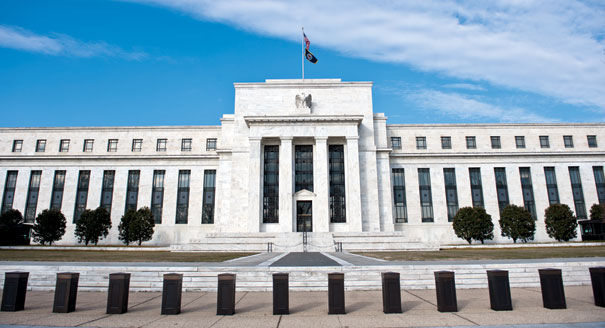
Wars and markets are obviously on two different planes, and we want to make it clear the purpose of this article is not to compare the evils of war to financial markets. That said, we must recognize that quick acceptance of abnormal circumstances, as Churchill describes, is a trait that we all possess. The implausible, the absurd, and the extraordinary can quickly become the norm. Assumingly, this coping mechanism enables us to retain our sanity when events are far from normal.
The Fog of Markets
The seemingly unabated march upwards in stock prices occurring over the last eight years has had a mind-numbing effect on investors. The relentless grind higher is backed by weak fundamentals providing little to no justification for elevated prices. Indeed, if there was no justification for such valuations during the economically superior timeframe of the late 1990’s, how does coherent logic rationalize current circumstances? For example, feeble economic growth, stagnating corporate earnings, unstable levels of debt, income and wage inequality and a host of other economic ills typically do not command a steep premium and so little regard for risk. This time, however, is different, and investors have turned a blind eye to such inconvenient facts and instead bank on a rosy future. Thus far, they have been rewarded. But as is so often the case with superficial gratification, the rewards are very likely to prove fleeting and what’s left behind will be deep regret.








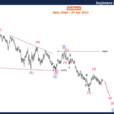

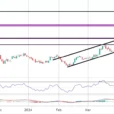
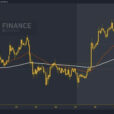
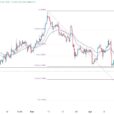
Leave A Comment